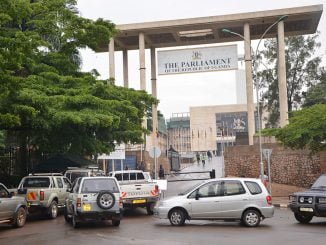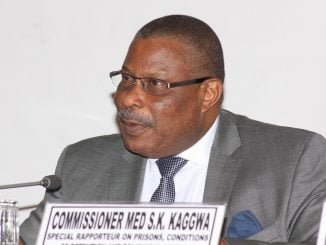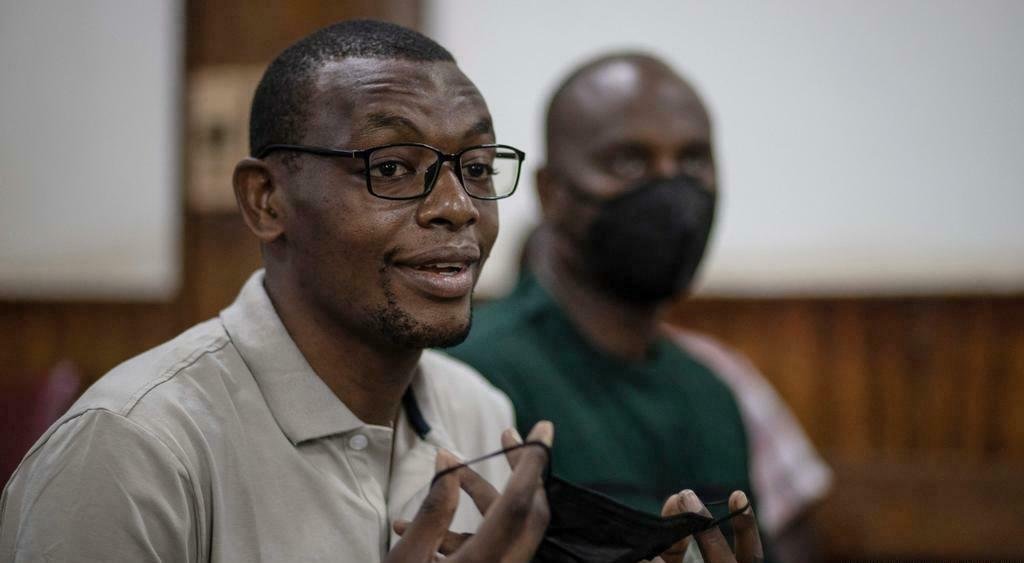
Kampala, Uganda | URN | The Uganda Human Rights Commission (UHRC) has called for the establishment of free internet access facilities in all districts of Uganda.
The call comes as Uganda prepares to join the world to commemorate the International Day for Universal Access to Information on September 28, under the theme: The Right to Know: Building Back Better with Access to Information.
Meddie Mulumba, the acting chairperson of UHRC says that there is a need for adequate punishment for the media practitioners and other disseminators of information, who give false or fake information.
Mulumba says that the growing use of online media is increasingly creating space for abuse of the rights provided for by both the national laws and the UN conventions. He adds that media houses and social media users should be made aware of the consequences of misuse of the media, then be subjected to penalties when they violate the regulations.
Article 41 of the 1995 Constitution provides for the Right of Access to Information held by the government or public agencies.
The State Minister for National Guidance Godfrey Baluku Kabbyanga reiterated the government’s commitment to upholding the provisions of these national and international laws but insisted this should not be enjoyed while violating rights of other people, like privacy and security.
The day also comes at a time the government is enduring criticism over its handling of social media, including an eight-month ban on Facebook.
Kabbyanga says while access to information helps in national building, it should be exercised according to the laws of Uganda as a sovereign state.
Kabbyanga also warned the media against using their space to offend others through actions like fake and false news, cyber-bullying, property rights violations and defamation.
“It’s no doubt that COVID-19 has adversely affected so many people across Africa but the biggest question we have is, How do we build back better? The answer to this question can only be arrived at if people have access to information.”
The Office of the High Commissioner for Human Rights (UNOHCHR) says the right to access information is important due to its vital role in informing citizens on public affairs and monitoring the actions of government at all levels.
Grace Perry, the Deputy Country Representative Office of the High Commissioner for Human Rights, says the protection of the right to information has become even more important during the COVID-19 pandemic, due to the high extent of misinformation happening around the world.
She says the burden is then put on the media houses to correct the misinformation, hence the need by the governments to support the media fulfil their mandate, which also helps promote people’s participation in processes like elections.
Read Also: Free internet users in Uganda baffled with restricted access to MYUG Wi-Fi
Gilbert Sendugwa, the Executive Director of the Africa Freedom of Information Centre said that the right to information and correct information is now more important than ever before as the world battles COVID-19.
“It’s no doubt that COVID-19 has adversely affected so many people across Africa but the biggest question we have is “How do we build back better?” The answer to this question can only be arrived at if people have access to information,” said Sendugwa.
He says that across Africa, and around the world, misinformation related to COVID-19 vaccination has significantly undermined vaccination campaigns, exposing millions to infections and deaths.
Sendugwa also reminded the government that it is not only violating the rights of children by keeping them in the dark when they will go back to school.



